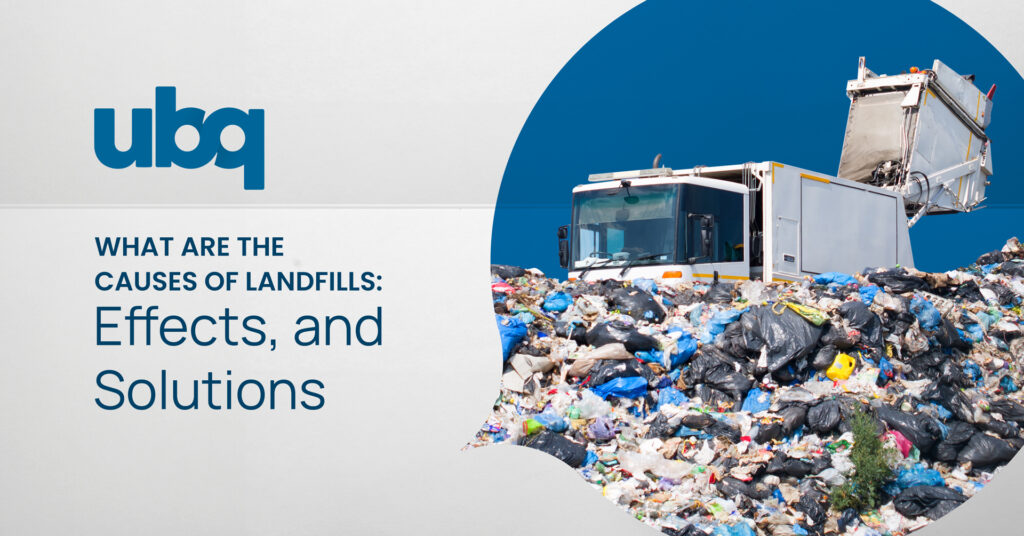Hemp concrete, pineapple leaf “leather,” and corn husk-based wood veneer are just some of the sustainable alternative materials to recently emerge. As companies everywhere look to source sustainable materials for the products they produce, it’s become clear that environmental responsibility is being prioritized as the new profit-driving business innovation.
While profits will always be an innovation motivator, a focus on sustainability is seen not only as a social responsibility but also as a path to mitigating risks and driving profitable growth. How? By sourcing and using alternative sustainable materials, companies can:
- Cut resource use without losing productivity.
- Make operations and processes more efficient.
- Dramatically reduce costs and waste.
Those Who Doubt Sustainability’s Feasibility
Many companies still wonder if there truly are advantages to using sustainable and zero waste materials. They claim it isn’t clear that consumers find it important or are willing to pay more to support it. Neither of these excuses holds water.
Research shows sustainability matters now more than ever for consumers. And the higher cost argument fails on two fronts:
- Nearly seven out of 10 global consumers say they’re willing to spend more on a product if it comes from a brand that uses sustainable processes. They want the companies they deal with to practice sustainability, behave ethically, and be transparent.
- Sustainability strategies are not always pricier than traditional approaches. In fact, businesses that incorporate alternative sustainable materials into their process typically see an increase in revenue because they end up using fewer resources which, in turn, reduces production costs.
Reducing their carbon footprints, rethinking how they use natural resources, and pursuing more efficient means of production are, frankly, the only ways enterprises will stay relevant moving forward.
Benefits to Using Sustainable Materials
It’s certainly true that becoming a truly sustainable, purpose-driven business isn’t easy. But the benefits that come from investing in sustainable materials make it well worth the effort.
It Ignites Innovation
When you challenge engineers and other staff to reduce waste and recycle more during the manufacturing process, the result is often additional ideas for operational improvements and practices that provide a better, cleaner tomorrow.
Sustainable Materials Management
Using and reusing materials in the most productive and sustainable ways across their life cycles, reduces waste and mitigates harmful effects on the people and the planet. When enterprises focus on decreasing greenhouse gas emissions and embracing measures for sustainable materials management, it’s good for saving resources and improving their bottom line.
It Supports a Zero-Waste Supply Chain
Manufacturers who adopt a zero-waste supply chain model increase value to their customers and improve their marketplace advantage. By shifting sourcing strategies and developing closed-loop supply chain methods, they provide enormous benefits to the environment, local and global economies, and the people who live in the communities where their facilities are located.
Manufacturers Leading the Charge
In choosing non-traditional plastic alternative materials, small and large enterprises alike are bringing about positive environmental, economic, and social effects that make for true sustainability progress. And UBQ™ Material is helping them do it.
- UBQ has teamed with Arcos Dorados, the largest independent McDonald’s franchise in the world, to begin using UBQ Material in the fast-food company’s restaurant trays.
- Retail solutions provider Mainetti is using UBQ’s climate-positive raw material in its products to support its impressive sustainability efforts.
- Keter, a leader in resin-based products for the home, is substituting UBQ Material in place of oil-based resins without compromising on the quality or competitive pricing of its products.
- The automotive industry is also making significant investments in alternative plastics. Daimler is incorporating UBQ Material into its production process to reduce the carbon-emissions impact from the manufacturing of its vehicles. It’s also exploring what it calls clean automobile parts and has kicked off the initiative with the development of a sustainable cargo bay.
As more manufacturers find ways to incorporate alternative sustainable materials into their production processes, they’re discovering sustainability is smart business. No longer an option to consider, it’s become imperative for them to adopt a holistic approach for taking on climate change, water scarcity, and other sustainability issues. There is little doubt bio-based materials like UBQ will play a crucial role in helping manufacturers meet their sustainability goals, enter new markets, and become a driving force in a more sustainable world.


